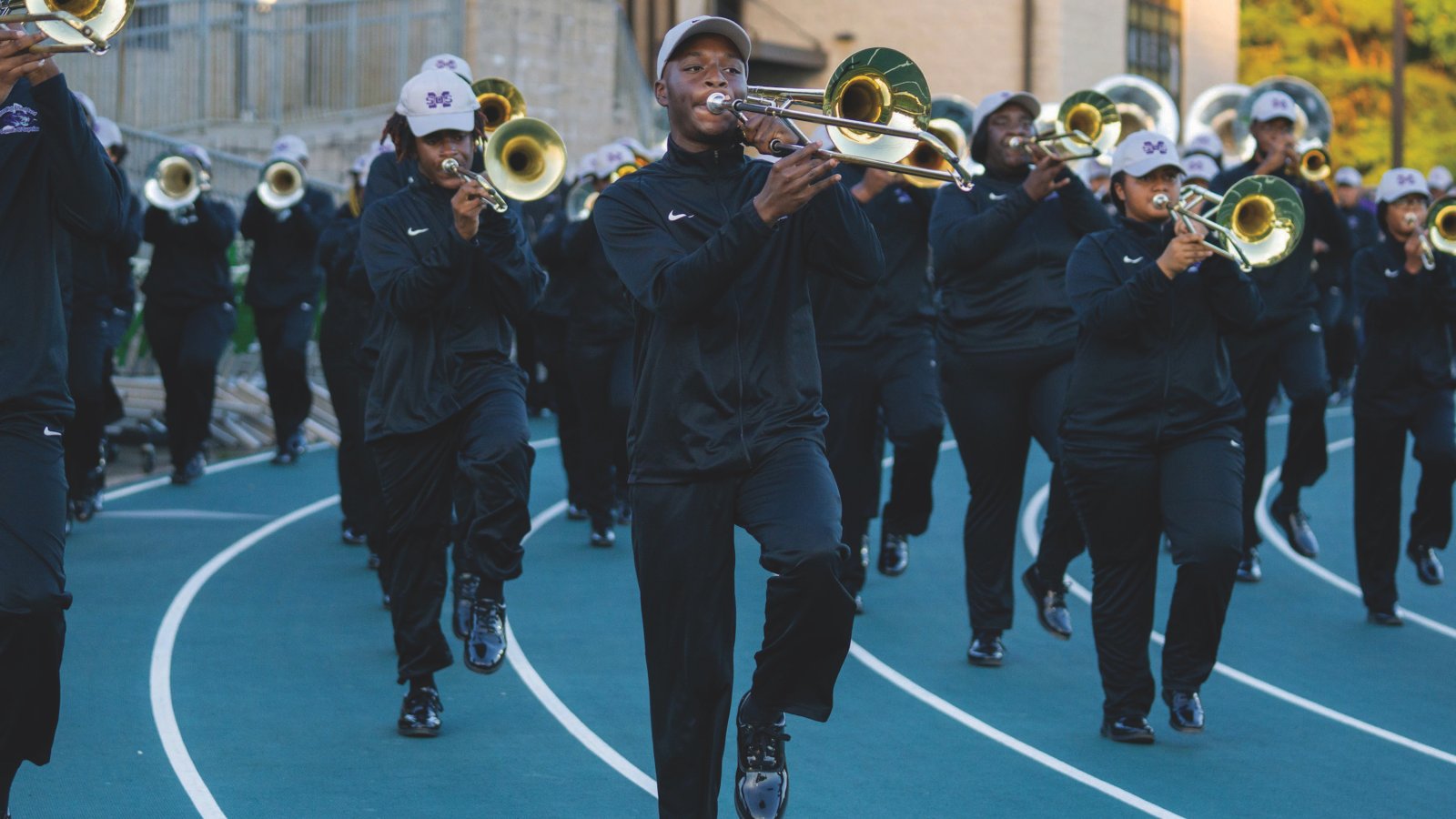Music plays a significant role in HBCU culture, especially during homecoming celebrations where halftime marching band performances captivate audiences with a variety of genres like hip-hop, gospel, R&B, pop, and soul. These performances are a unique tradition that unites fans, showcasing the talent and energy of the bands.
Morgan State University graduate Malik Freeman found inspiration in the movie Drumline and pursued his passion for music through his involvement in the school’s marching band. After graduating in 2019 with a degree in music education, Freeman now teaches and runs an elementary school drumming club, while also DJing and playing in an alternative band.
Similarly, Dianna Sanders, a Spelman College graduate, continues to draw on her time playing trombone in Morehouse College’s House Of Funk band. Now a teaching assistant at Florida Atlantic University, Sanders appreciates how her experiences with HBCU-style music influence her current work.
The legacy of HBCU bands is deeply rooted in preserving Black music history. Professors like Florida A&M University’s Lindsey Sarjeant, who helped lead the famous Marching 100 band, play a key role in keeping this tradition alive. The Marching 100, founded by Dr. William P. Foster in 1946, revolutionized modern marching bands with its vibrant performances, including at events like the Super Bowl Halftime Show.
Many HBCU alumni, such as Alabama State University graduate Ayana Cummings, have pursued careers in music education. Cummings, the first female percussion section leader at her alma mater, now uses her knowledge of music to navigate the education world. For others, like Florida A&M graduate Edwin Mompremier, their HBCU band experiences have opened doors to performing live music in various settings.
The marching band tradition at HBCUs not only sets these institutions apart but also helps preserve Black history and provides students with opportunities for growth beyond graduation.














